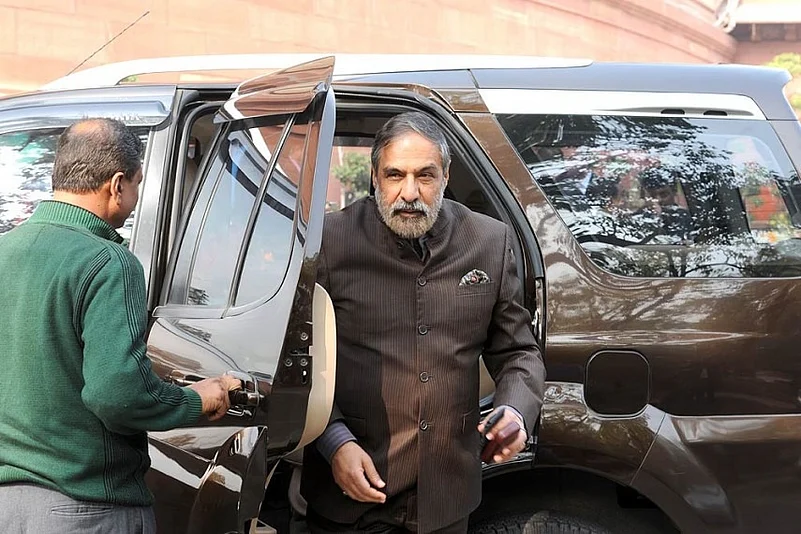A parliamentary standing committee has raised objections over its feasibility and functioning of the government's 360-degree rating approach for the civil servants.
The Standing Committee on Personnel, Public Grievances, Law and Justice said that the feeback process that the government has introduced lacks fairness and can let biasness creep in the judgments while presenting the report in Rajya Sabha.
Earlier the bureaucrats' promotion depended largely on the ACRs (Annual Confidential Reports) for the performance reviews. The Annual Confidential Report (ACR) which was in existence till 2007 has been replaced by Annual Performance Appraisal Report (APAR). It is the basic tool devised to assess performance and personality traits of the personnel. Three-sixty-degree appraisal is also being used as supplemental tool to the APAR for empanelment and elevation to the level of Joint Secretary and above in the Government of India under the Central Staffing Scheme, since 2015.
Advertisement
360 Degree Appraisal, alternatively called Multi Source Feedback (MSF), is widely used in the Corporate Sector for developmental purposes of the personnel, and is prevalent in the UK and EU countries.
"… The present 360-degree appraisal system opaque, non-transparent, and subjective. Feedback in this process is obtained informally, making the process susceptible to being manipulated," said the report.
However, the latest proposal is more of a multi-sourced based performance appraisal. The system seeks to look beyond the ratings received in appraisal reports written by their bosses. It relies on feedback of juniors and other colleagues for an all-round view.
Advertisement
The multi-member committee headed by Congress leader Anand Sharma, in its reprot, raised brows over an officer getting feedbacks by their peers and subordinates which they say can be highly 'biased' in nature.
"Feedback received from subordinates and stakeholders could be biased or lack objectivity, particularly if the officer had to discipline his subordinates or he was unable to meet the unjustified demands of stakeholders," said the report.
The report notes that the 360-degree approach does not have any statutory backing, or supported by any Act. The Government should frame guidelines on the entire aspects of the process of 360 degree appraisal and it should be notified, the report said.
Necessity of 360 Degree
To the query of the Committee as to what necessitated to factor into 360 degree review of the officers for empanelment purpose, the DoPT in its written submission stated as under:- "Prior to introduction of 360 Degree Appraisal, empanelment at Secretary and Additional Secretary level was done on the basis of assessment of ACRs/APARs only. Several problems were noticed in this system. After the Dev Dutt judgment, most officers were graded ten or near about, because the ACRs/APARs have to be conveyed to the officer concerned. Then there were also instances where different gradings were given by the Reporting, Reviewing and Accepting authorities, making it difficult to take a final view. There were situations where officers who were known to be of doubtful integrity could get empanelled because the ACR/APARs were all outstanding. On the other hand, there was a possibility that officers who did not have the requisite gradings but were otherwise outstanding in their work, got left out. It became difficult to distinguish between the best and the others. The earlier system of empanelment did not fully capture the qualities of officers in terms of integrity and capability and there was a felt need to improve the mechanism.




















